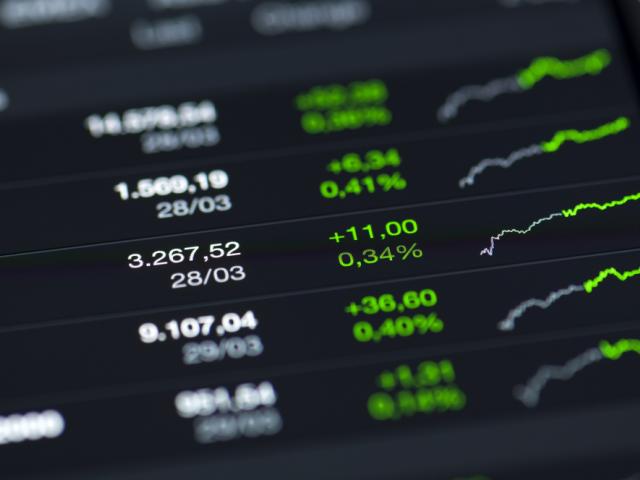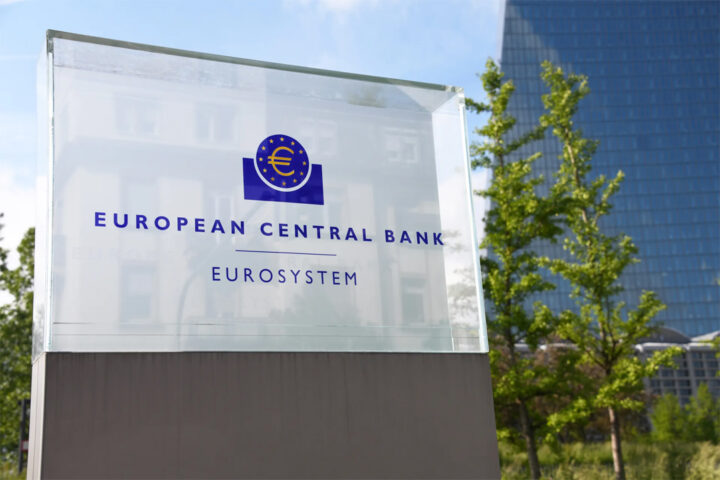By Hussein Sayed, Chief Market Strategist at Exinity
Inflation risks, US Big Tech earnings, ongoing Delta ‘Plus’ Covid concerns, and the upcoming ECB meeting are all on investors’ radars this week.
Stocks in Asia were mixed in early Monday and US futures were flat after the S&P 500 and Dow Jones Industrial Average hit new record highs last week. Positive earnings surprises have been the biggest factor contributing to the equity rally, with 84% of the 117 companies that have already announced results managing to beat forecasts.
If we continue to see similar results until the end of the earnings season, profit growth is likely to hit 32% to 35% for the third quarter.
All eyes are on Facebook and Twitter this week after Snap shares fell 23% on Friday over changes to Apple’s privacy tracking settings. It will be interesting to see how those privacy changes impacted other social media platforms. Heavyweights Apple, Amazon and Microsoft are also announcing results this week.
Inflation risks
Dealing with inflation risks is slowly returning to centre stage after US five-year breakevens hit 3% for the first time. In simple terms, bond investors are now pricing consumer inflation to average 3% over the next five years.
Federal Reserve Chair Jerome Powell last week also seems more concerned about higher inflation for longer, given supply constraints, energy prices and wage pressures.
Despite the rise in inflation expectations, stocks remained investors’ most favoured asset class, given real yields remain stuck in negative territory. US 10-year real yields are holding near -1%, suggesting there is little to no alternative for investors other than equities.
This could change if the Fed becomes more hawkish when policymakers meet for their next monetary policy decision next week. There is a high chance that more Fed members join the hawkish camp as some inflation factors now look more persistent than transitory.
Before the FOMC meets, the ECB’s Thursday policy meeting will reveal how far one of the most dovish central banks can push against the idea of tightening policy.
The ECB does not want to follow in the footsteps of the Fed or the Bank of England. The latter is likely to raise rates before year-end. A cautious ECB should keep the euro under pressure for the remaining two months of 2021.
For information, disclaimer and risk warning note, visit: https://exinity.com/en-ae
Exinity ME Ltd, a company registered under the Laws of the Abu Dhabi Global Market (ADGM), is authorised and regulated by the Financial Services Regulatory Authority (FSRA)









